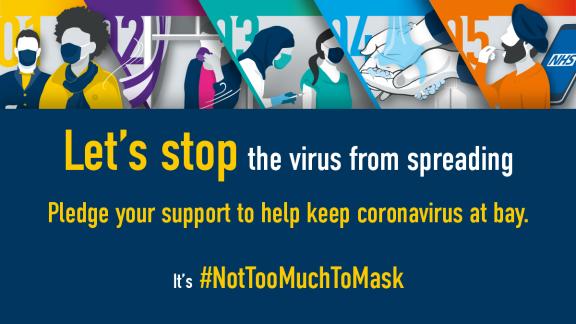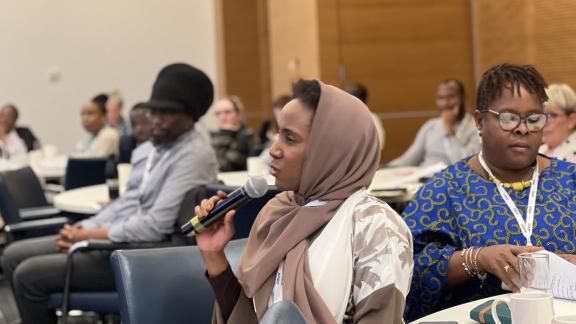Rolling up our sleeves to support an NHS on its knees

Last week’s Prime Ministerial press conference on the acceleration of booster jabs in the face of the Omicron strain was, in many ways, impressive. It was good to see the government on the front foot, contrasting with the mistakes at the start of waves one and two of the virus. NHS England and NHS Improvement’s chief executive Amanda Pritchard gave an assured performance, combining determination, substance and as much hope as anyone can reasonably be permitted right now.
Yet, something didn’t feel right. It took me a while to put my finger on it. The core message from the Prime Minister was that if we pull out all the stops on the booster programme and obey the limited new restrictions, we can all look forward to a good Christmas, or at least one that is better than last year.
The grim reality
I look forward to the festive season as much as the next person. NHS staff are desperate for some respite and reasons to celebrate and relax. But there’s the rub. We always rely on core public services staff to work through the Christmas period. But this year, especially for health and care workers, that sacrifice will be combined with extraordinary pressures plus, for many, the terrible feeling of being unable to maintain service quality or even guarantee patient safety.
For some of our most vulnerable groups, the collapse of care provision will mean they are completely isolated at a particularly poignant time
To suggest that we will have succeeded as a nation if most of us have a good Christmas even when we know so many will not, isn’t that a desolate denial of the spirit of the season?
Even if we can keep the virus at bay, let’s face some of the grim facts:
- Almost six million people will spend our Christmas managing a condition that needs elective care, while more than seven million people are estimated to be in need of treatment but not yet on the official waiting list.
- Around 1.6 million people at least on mental health waiting lists – including many children and young people – will have to deal with what is often a challenging time for families coping with untreated mental health challenges. And we know there are around 8 million people who would benefit from care but who do not meet current thresholds due to capacity.
- In many parts of the UK anyone who has a medical emergency may have to wait dangerously long for an ambulance and/or in that ambulance waiting to get into an overcrowded emergency department.
- Hundreds of thousands of vulnerable people will miss vital care visits due to chronic workforce shortages.
- For most of those people there will be carers who will be worried about their loved ones and lose any chance of respite.
- For some of our most vulnerable groups, for example those with learning difficulties or mental illness, the collapse of care provision will mean they are completely isolated at a particularly poignant time.
The idea that Christmas is more about love and charity than food, booze and presents is at the heart of the religious story. It inspires a multiplicity of local initiatives as well as high-profile activities like those organised by Crisis UK. This is what grates about promises from the Prime Minister that we will “have a better time than last year.”
The fact that parts of the media seem to feel that the biggest symbol of the sacrifices we have to make is having smaller Christmas office parties adds to the feeling.
Time for a national mobilisation effort
Surely instead – at a time when our health and care system faces an unprecedented emergency – our national goal should be to have the best festive season we can while doing everything possible to help the many people who are in pain, in need and vulnerable?
I realise this post might seem both miserable and pious. I only decided to write it after discussing with colleagues what we ourselves could do to rise to the challenge.
Shouldn't we make compassion for all the measure of national success at Christmas?
So, from today we are telling our NHS Confederation colleagues that if they want to volunteer some of their working time for the health and care system, and there is a volunteering opportunity for them, we will seek to enable them to take that opportunity. It’s our small contribution to what we surely need: a national mobilisation to help as many people as possible to have a safe and enjoyable Christmas.
Rather than just a good time for the fortunate, shouldn’t we make compassion for all the measure of national success at Christmas?
Matthew Taylor is chief executive of the NHS Confederation. Follow him and the organisation on Twitter @FRSAMatthew @nhsconfed



